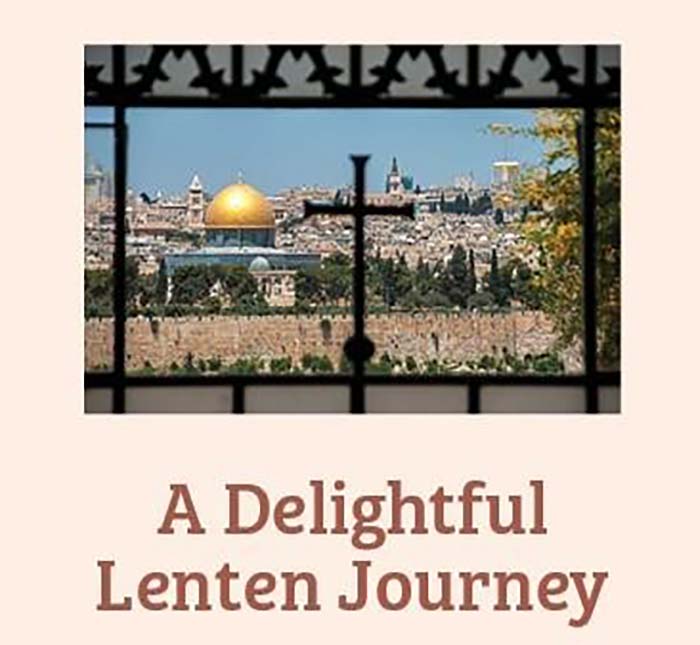Click the arrow below to hear a member of the Assumption community read today’s Gospel.
Love to the end
A man went to see a magician. The magician told him: “I can help you to attain whatever you want. But there is one condition. Your enemies will have a double portion of what you get.” After a very long reflection, the man said: “I want to be blind in one eye!” Usually we don’t wish anything good for our enemies or for those who intend to betray us. But that is not the teaching of the Bible. Through different examples, especially that of Jesus, the Bible encourages us to love everyone unconditionally. This love is inclusive of all, even of those who treat us badly.
Foot-washing
As we know, in John’s Gospel, there is no account of the institution of the Eucharist. The account of the foot-washing is considered to be its equivalent. The similarity of the two rites is striking. Indeed, both rites took place during the Last Supper that Jesus had with his close disciples. Each time, Jesus made a gesture (sharing of bread and wine or washing feet), and then interpreted it. In both cases, Jesus invited his disciples to perpetuate the gesture. Notice also that John mentioned the washing of the feet in a context of self-giving love: Jesus “loved his own in the world and he loved them to the end” (Jn 13:1). The same love was expressed in the discourse on the bread.
Bread of life
Some sayings in the discourse on the bread of life directly refer to the eucharistic institution. For instance, Jesus said: “I am the living bread that came down from heaven; whoever eats this bread will live forever; and the bread that I will give is my flesh for the life of the world” (Jn 6:51). Unlike in the other Gospels, in John, the recipients of Jesus’ words are not only his disciples, but also a vast crowd including the Jews. Jesus gives his life not only for his disciples, but also for the life of the world. He even gives his life for his betrayer.
Eucharistic pattern
In today’s Gospel, there is a pattern of the eucharistic institution. Jesus took a morsel of bread and gave it to Judas. Jesus didn’t hesitate to offer the eucharistic bread to Judas who was about to betray him. Jesus shared the morsel of bread with Judas even though he knew that it would not prevent Judas from betraying him. The gift of the morsel was given even to the betrayer. Jesus’ last effort was not successful, but his generous gesture shows us the power of his love. Jesus continued to love his disciples even though he was abandoned, betrayed and denied.
Holy Week is an opportunity for us to contemplate the power of God’s love. God offers his love to us no matter how sinful we are. God does not take back his love. If it is not beneficial to the recipient, it would be a profit for other people. God’s love will not return to him empty. It needs all of us to achieve its end.
Prayer: Lord, help us to spread your love to those who are victims of hatred and violence.
Resolution: Make the first move to reconcile with those who are separated from us.

